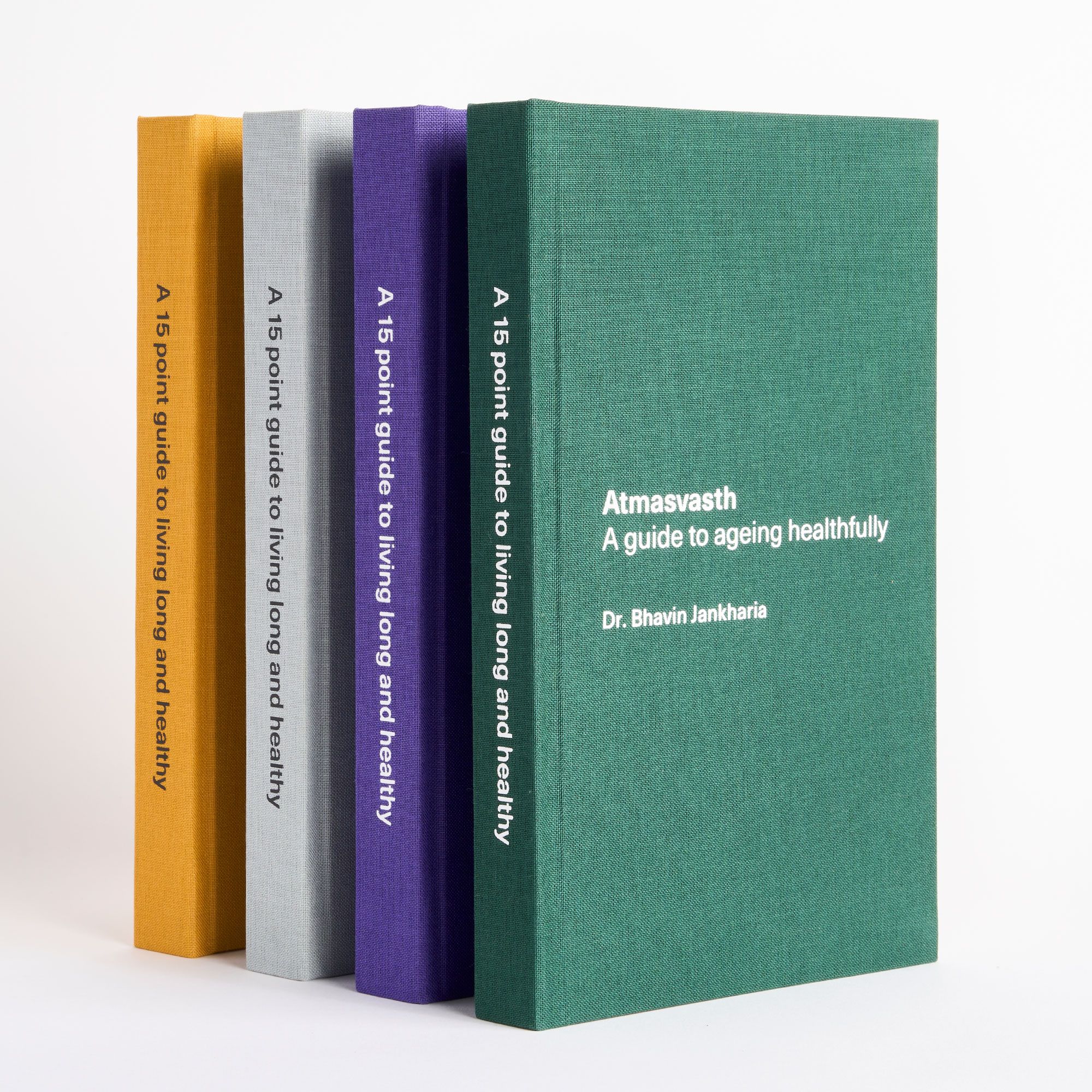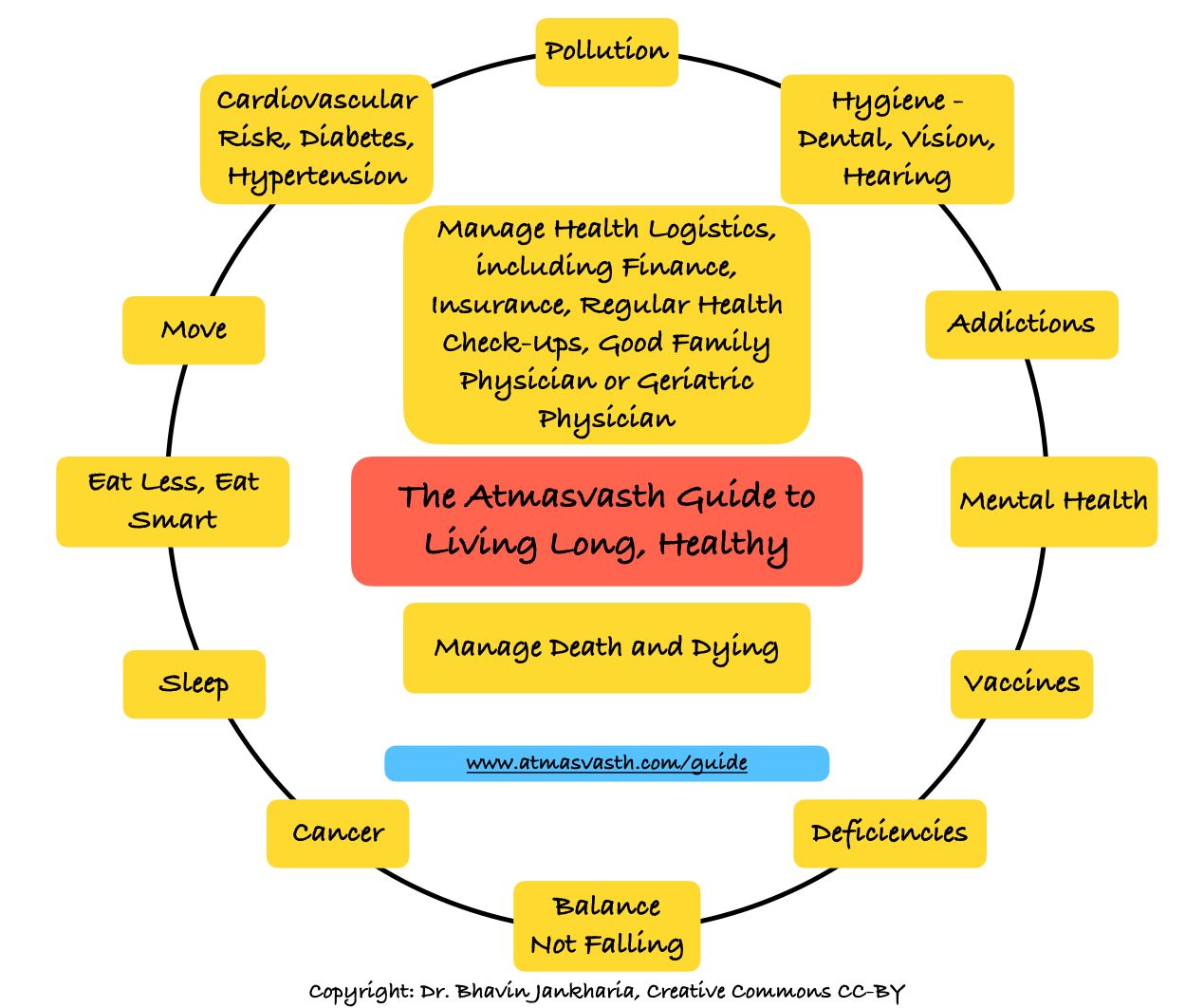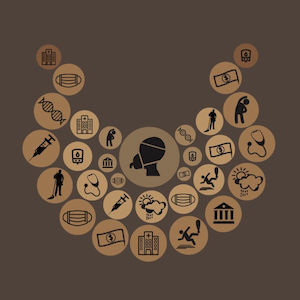Auditory Wellness...Protecting and Improving Our Hearing...Ourselves

The Book - Kindle Version Now Available Worldwide

The Detailed 15-Point Guide to Live Long, Healthy

Audio
Sign up for Atmasvasth
The Atmasvasth Guide to Living Long, Healthy
No spam. Unsubscribe anytime.
Text
“Auditory wellness is conceived as the effective processing of sound that enables the individual to fully participate in a wide range of desired daily listening activities without limitations or restrictions. The specific listening and communication activities that are desirable and deemed important are determined by the individual and often include communication with others, listening to music, and an appreciation of the sounds of nature, among others.” [1].
Auditory wellness has two aspects: protection from loud noises and managing hearing loss.
I first wrote about noise pollution in Dec 2021. While this problem needs to be addressed at a public, policy level, we too can do quite a bit ourselves to reduce the adverse impact of high decibel levels by using noise-cancelling headphones or earphones that can dampen loud noise by 20-25dB and protect our auditory cells. While traffic noise is ubiquitous, we also face ridiculously loud noise levels during indoor weddings, receptions, and prayer meetings. I have started wearing my AirPods Pro 2 in such situations, even if I look dorky. Noise-cancelling in-ear earphones also help during lectures in conferences, concerts, and movies in theaters to dampen sounds if they’re too high or assaulting my ears.
A recent Chennai study [2] showed that 90% of those in constant high-decibel areas (70-85 average, 106.4 max) had hearing loss by age 45. Every Indian city has high decibel levels, especially on main roads, primarily because of the incessant, constant honking. Now, I also wear my AirPods Pro each time I get into a vehicle, to dampen traffic sound.
In Feb 2023, I wrote about diagnosing and managing hearing loss for our health and those around us. Age-related hearing loss naturally affects up to 2/3rds of those over 60 [3], a significant number in India, with most unaware they have hearing loss. All those over 60 should test themselves or get tested, at least once in 2 years, to see if they need hearing aids.
It’s troublesome. When I counsel elderly patients before procedures, I often have to raise my voice because they can’t hear my instructions. Speaking loudly tires me out. When I ask the relatives why the patient isn’t wearing a hearing aid, I get various answers...forgotten it at home, unwilling to wear it, didn’t know it would help, didn’t know they had hearing loss, etc.
There are many reasons to focus on hearing loss and overall health. Recent Indian studies show a direct correlation between age-related hearing loss and reduced working memory [4], and improved cognition with hearing aids [5]. A study by Janet Choi and colleagues [6] showed that patients with hearing loss had increased mortality compared to those without, but those who used hearing aids reduced their mortality risk to levels similar to those without hearing loss. This underscores the importance of addressing hearing loss, first by diagnosing, then accepting it, and then finding ways to improve our hearing.
Apple announced a hearing test, hearing aid feature, and active hearing protection with the AirPods Pro 2 and an iPhone or iPad. This is exciting. If you use an iPhone, consider investing in AirPods Pro 2. For Android users, I asked ChatGPT for a list, and with some experimentation, I am sure it should be possible to mimic the Apple solution.
Summary of Available Android Tools:
• Hearing test apps: Mimi Hearing Test, Hearing Test, Decibel X
• Earphones with personalized sound: Jabra, Bose
• Hearing aids: Phonak, Resound, Starkey with Android compatibility
• Sound profile apps: Wavelet, Neutralizer
• Android accessibility settings: Sound Amplifier, Mono Audio
Auditory wellness is an important part of our atmasvasth quest to live long, healthy. What does this mean for you and I?
Living in Indian cities is a risk factor for hearing loss due to the high decibel levels that are constantly assaulting us. Protect your ears from loud environments, indoors or outdoors by using noise-dampening or noise-canceling headphones or earphones. Natural age-related hearing loss affects 2/3rds of those over 60. It’s important to diagnose this, which we can now do ourselves with our phones, and use hearing aids to improve our lives. Now that earphones like the AirPods Pro 2 can also serve as hearing aids, it will make hearing aids easier to use and manage.
Footnotes
- Humes LE et al. A Perspective on Auditory Wellness: What It Is, Why It Is Important, and How It Can Be Managed. Trends Hear. 2024 Jan-Dec;28:23312165241273342. doi: 10.1177/23312165241273342.
- Raja RV et al. Noise Pollution and Associated Hearing Loss in a Metropolitan City-a Preliminary Report. Indian J Otolaryngol Head Neck Surg. 2023 Apr;75(Suppl 1):278-284. doi: 10.1007/s12070-022-03432-3.
- Lin FR. Age-Related Hearing Loss. N Engl J Med. 2024 Apr 25;390(16):1505-1512. doi: 10.1056/NEJMcp2306778.
- Madashetty S et al. The Impact of Age-Related Hearing Loss on Working Memory among Older Individuals: An Event-Related Potential Study. Dement Geriatr Cogn Dis Extra. 2024 Mar 12;14(1):1-13. doi: 10.1159/000538109.
- Kumar S et al. Cognitive Benefits of Hearing Aids in Elderly Indian Population: A Longitudinal Study. Indian J Otolaryngol Head Neck Surg. 2024 Oct;76(5):4602-4608. doi: 10.1007/s12070-024-04939-7.
- Choi JS et al. Association between hearing aid use and mortality in adults with hearing loss in the USA: a mortality follow-up study of a cross-sectional cohort. Lancet Healthy Longev. 2024 Jan;5(1):e66-e75. doi: 10.1016/S2666-7568(23)00232-5.

